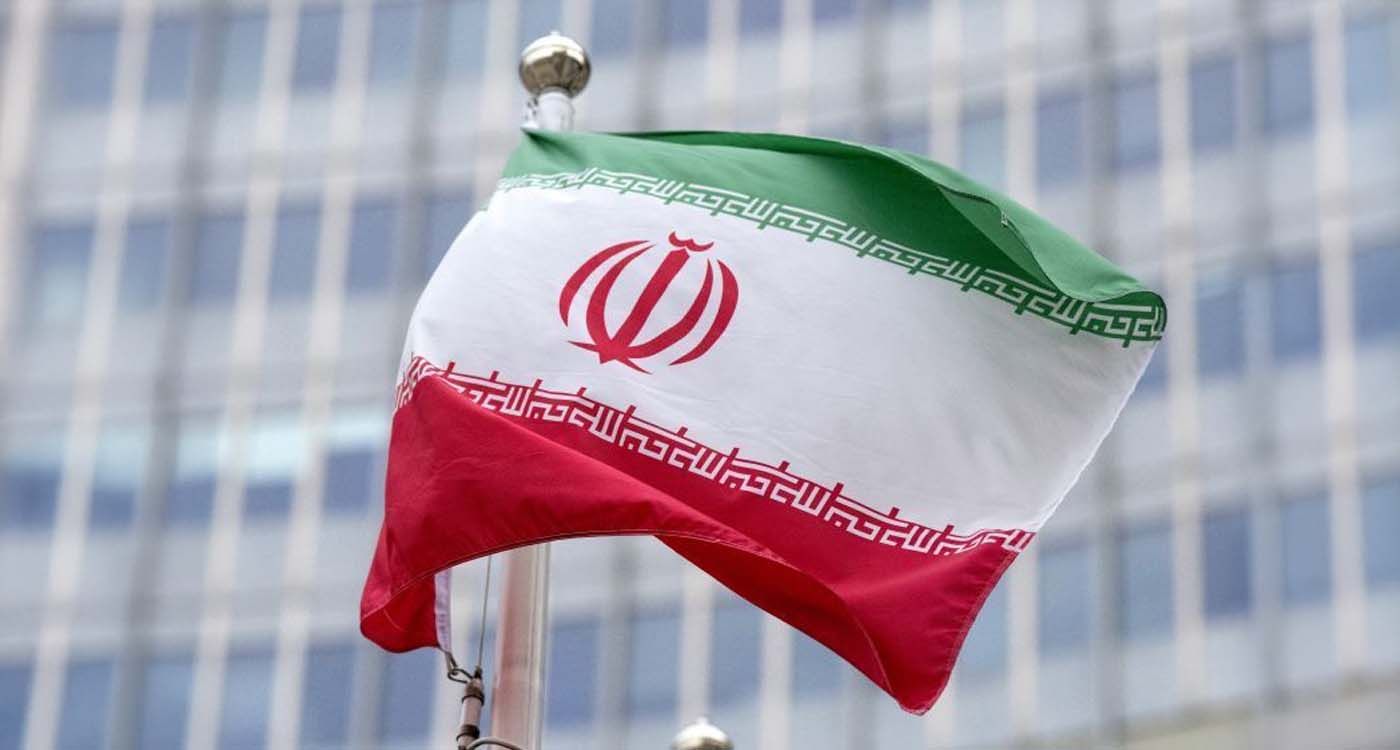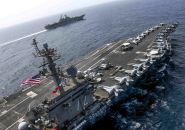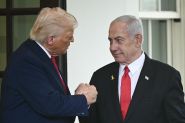- Home
- Middle East
- Iran Condemns 'Malicious' US Sanctions Targeting Oil Trade

Iran condemned sweeping new US sanctions on over 115 entities linked to Iranian and Russian oil exports, including a fleet run by the son of a top advisor to Iran's supreme leader. As tensions remain high following last month’s deadly Israel-Iran strikes, Tehran accused Washington of "economic terrorism" and warned that public anger may derail nuclear diplomacy. ©AFP
Iran on Thursday described as "malicious" fresh US sanctions targeting a shipping empire controlled by the son of a top political advisor to the Islamic republic's supreme leader.
The US Treasury Department on Wednesday imposed restrictions on more than 115 individuals, companies, and ships accused of facilitating the sale of Iranian and Russian oil.
These include a fleet allegedly operated by Mohammad Hossein Shamkhani, son of Ali Shamkhani, a top political advisor to Iran's supreme leader Ayatollah Ali Khamenei.
Foreign ministry spokesman Esmaeil Baqaei called the sanctions "a malicious act aimed at undermining the economic development and welfare of the Iranian people".
The US Treasury Department said Hossein Shamkhani operates a fleet of more than 50 tankers and container ships transporting Iranian and Russian oil and petroleum products, generating tens of billions of dollars in profit.
"The Shamkhani family's shipping empire highlights how the Iranian regime elites leverage their positions to accrue massive wealth and fund the regime's dangerous behavior," Treasury Secretary Scott Bessent said in a statement.
Baqaei said the sanctions serve as "clear evidence of the enmity of American decision-makers toward Iranians", describing them as a "a crime against humanity".
The Wednesday sanction package marked the largest to date since the Trump administration reinstated its "maximum pressure" campaign against Iran, according to Bessent.
Under the campaign, the US exited the landmark 2015 nuclear accord between Iran and world powers in 2018, during Donald Trump's first term as president, and reimposed harsh sanctions on Tehran.
'Betrayal'
Baqaei on Thursday accused Washington of pursuing "economic terrorism" through unilateral and coercive measures that he said violated international law and the basic rights of Iranians.
He also pointed to what he described as recent US and Israeli "military aggression" against Iranian territory, saying it was part of a broader campaign to destabilise the country and obstruct its development.
Washington joined Israel in attacking Iran last month, hitting key nuclear sites in the Islamic republic.
Israel launched on June 13 strikes on Iran, targeting military and nuclear sites in Iran as well as residential areas, killing over 1,000 Iranians.
Iran also launched retaliatory strikes on Israel, killing 29 people.
A ceasefire between Iran and Israel has been in effect since June 24.
In an interview with the Financial Times published Thursday, Iranian Foreign Minister Abbas Araghchi said the US "should explain why they attacked us in the middle of negotiations".
Tehran and Washington were engaged in diplomacy to strike a new deal over Iran's nuclear program when Israel launched its military campaign last month.
Tehran called the attacks a "betrayal", but has not ruled out returning to talks with the United States.
In his interview, Araghchi said the US must "ensure that they are not going to repeat" the attacks during future talks, and urged the US "to compensate [Iran for] the damage that they have done".
The Iranian top diplomat said there was still a "narrow" chance for diplomacy with the US over Tehran's nuclear program, however noting that public sentiment against resuming negotiations was "very high".
By Ramin Khanizadeh/AFP
Read more



Comments